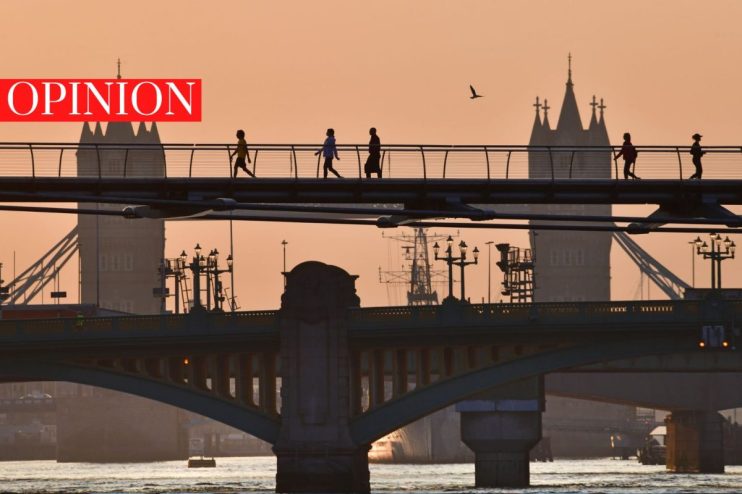City chief execs need to be able to face the music no matter what

The sign of a strong chief executive is the ability to communicate during the bad times as well as the good.
My view has always been that if you want to be the leader of a company, taking home the paycheck that comes with it, you should be expected to step forward and be accountable when things go wrong.
I was pleased Barclays’ media advisors persuaded Jes Staley to spend his final day at the bank facing tough questions from journalists on his relationship with Jeffrey Epstein.
And it impressed me when Morrisons’ just-sacked chief executive Dalton Philips joined a media call with the Chairman who did the deed.
I was reminded of these examples by Ann Cairns, the chairwoman of fintech firm CAB Payments, who took up the prominent profile interview slot in the Sunday Times over the weekend.
CAB Payments has achieved that rare status of becoming a meme over its horrific stock market listing this summer – a black cab crashing into a wall under the headline “cabtastrophe” adorned X, formerly Twitter.
Day one saw shares drop almost 10 per cent and a profit warning last week meant shares are down 70 per cent in just three months of public trading.
Therefore, fair play to Cairns, who no doubt played her part in wooing the City and the media in the run up to the flotation, in agreeing to continue that dialogue even after such a disastrous start.
The interview brings out nice extra detail around the mood in the business, a sense of reflection and, perhaps most importantly, some humility.
Cairns had spoken to the newspaper back in September, before the profit warning, as part of her media duties to promote the work of the bank in providing currency exchange services in hard-to-reach parts of the globe.
Most newspapers that produce interview slots typically have a bank of interviews that can be broken out when required.
For some business leaders, knowing an interview has been conducted but not yet published, there might be some doubts on getting a call from the interviewer asking for a few extra questions based on new information – like a massive profit warning.
Less impressive leaders might think if they say nothing, the interview might disappear. Chalk it up to a near-miss and wait until things get better before speaking up publicly again.
But what Cairns does is address the difficult situation head on, allowing for all the additional information on her background shine through – like the fact she was the first woman to work on a North Sea oil rig.
Having a grown up relationship is in the long term interests of both businesses and the media, which is, afterall, a key stakeholder.
Building a relationship with the media for the good times and the bad benefits all sides. Businesses with strong relationships know that if they do find themselves in difficult situations, they can at least know that those journalists covering them will be able to do so from a place of authority.
Decent levels of respect from business leaders towards the media can also go a long way to making sure any editors or commentators can see them for the figureheads they claim to be.
And, ultimately, companies have far more chance of getting a fair hearing of their argument by operating in engagement mode, instead of broadcast mode.